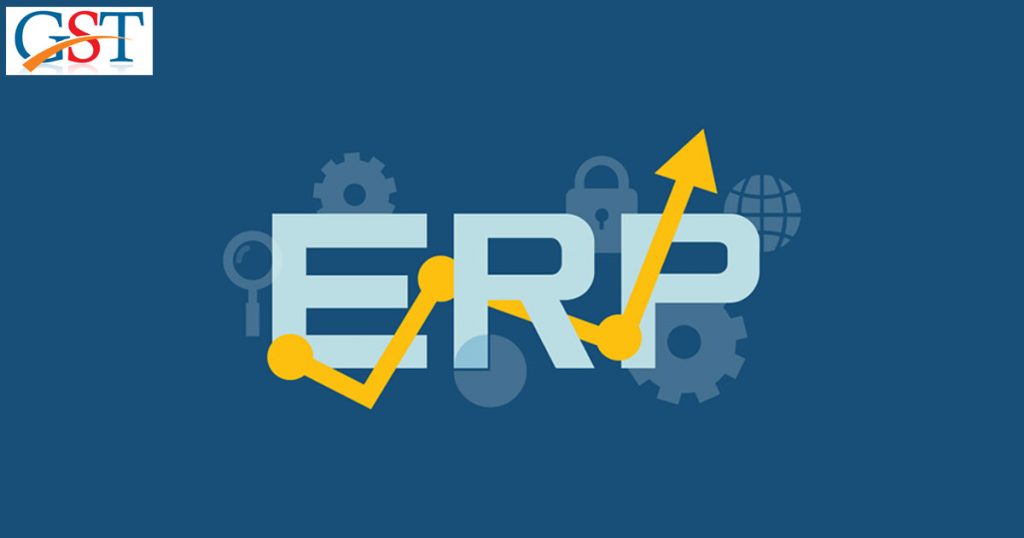
Post April-2020, the new Goods and Services Tax (GST) returns that require more information to be furnished, will become effective. This will inflict companies to alter their enterprise resource planning (ERP) systems as the workflow impelled mechanism will supersede the current supplier-impelled traffic.
According to the tax experts and chartered accountants (CAS), much more details like purchases from unregistered dealer, etc, will be required to furnish in the new GST returns. This will convert the present one-way traffic, where only suppliers need to upload the data about imports & purchases, into a comprehensive one where simultaneously buyers will also be required to upload a bill of entry-wise import details & bill of entry-wise purchases from SEZs (special economic zones).
“Besides, bill of entry-wise import details and bill of entry-wise purchases from SEZs (special economic zones) would be required. As of now, there is one-way traffic. Presently, suppliers upload these data, but from April 2020, recipients will also have to upload all these data,” stated by Vivek Jalan, Partner, Tax Connect Advisory Services LLP.
This will substitute the existing supplier-driven traffic with the workflow-driven system from April 2020. Additionally, the mandatory rollout of E-invoices from January 2020 will also germinate the need to make changes in ERP systems. E-invoices is a tax-evasion measure which will ensure that every invoice is under track by the government officials. In the 2020 scenario, among the introduction of e-invoices and new GSTRs, revamp in the ERP system by the companies will be inevitable.
Moreover, the new system would need an auto transfer of data on the government portal. Unlike, the current mechanism when the invoices are on the companies’ ERP, the data will be uploaded automatically on the government system under the new system.
Thus, based on information asked in new GSTRs, the ERP would require to be changed accordingly.
“It will not be something which will require a complete overhaul of the system, but certainly some changes would be required after e-invoicing is implemented and more details in GST returns are required from early next year,” statement made by Bhagat.